Mary Doria Russell had a problem.
She was teaching anthropology and came to stories of the massive mistakes explorers from the West sometimes made when they first encountered different people groups around the world. Often death, pillaging, and slavery resulted.
Inevitably, students would say something to the effect of, “Oh, I would never make a mistake like that. How could they have done something so stupid?”
But Russell knew that even though it seemed simple, it wasn’t. How could she adequately explain that first contact is just much more difficult than we can imagine? That’s what motivated her to write her profound, wonderful, absorbing novel The Sparrow.
She imagines a group of intelligent, well-meaning, goodhearted, skilled people who make an effort to meet a species from another world. One reason I especially like the novel is that this is just a great group of people. If I were to go on a multiyear journey, these are absolutely the kind of people I would love to travel with.
Despite this team having far more gifts, abilities, and experiences than her students or most of us, things go wrong—terribly wrong. Even the most benign actions like trying to improve nutrition for those they meet had disastrous effects they had difficulty anticipating.
Should we never try to help people in other cultures? Should we never try to fix things that seem wrong? That’s not my point.
Rather, when we do, we should approach such efforts with a maximum dose of humility. We need to give the benefit of the doubt to people who act in ways we find wrong or unenlightened. We need to learn as much as we can before we act.
Why? Because we just don’t know what we don’t know. We don’t adequately appreciate the finite, limitations of human knowledge or of our own perspective. Nor do we appreciate enough how our fallen, sinful nature can unconsciously skew our opinions about what is wrong with the world and how to fix it.
What can we do when we encounter people we think are strange or just wrong?
- Remember how fun it is to learn new, surprising things.
- Don’t automatically dismiss information or ideas that are contrary to our viewpoints.
- Remind ourselves that we are finite and that our motives or emotions may be skewing our outlook in ways we aren’t aware of.
- Ask those we are trying to help what they think would be the best ways we could be of assistance.
- Remember that all of us—the people we are trying to help as well as those we disagree with—are people with God-given value and dignity.
Try to help others? By all means, and always with great humility.

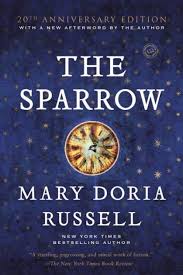
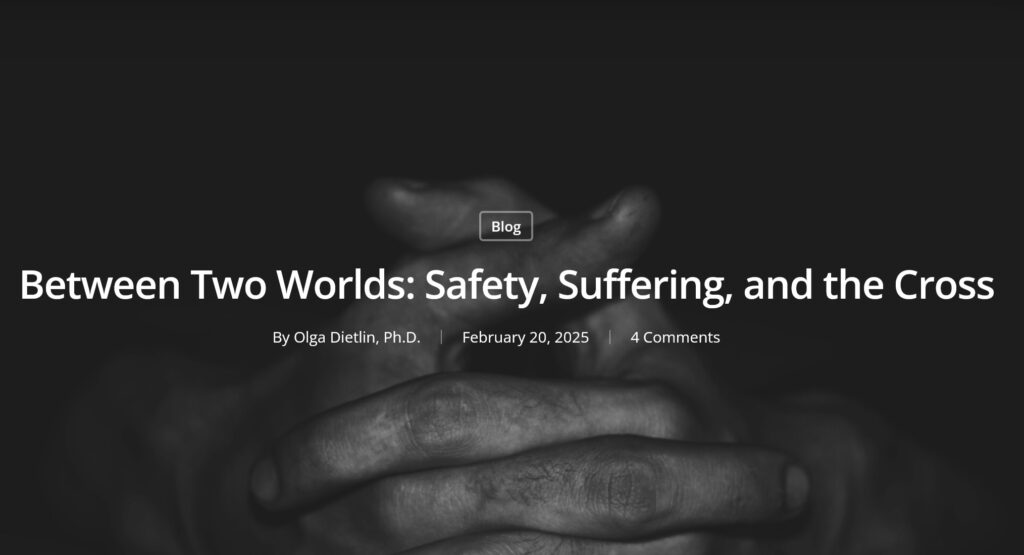
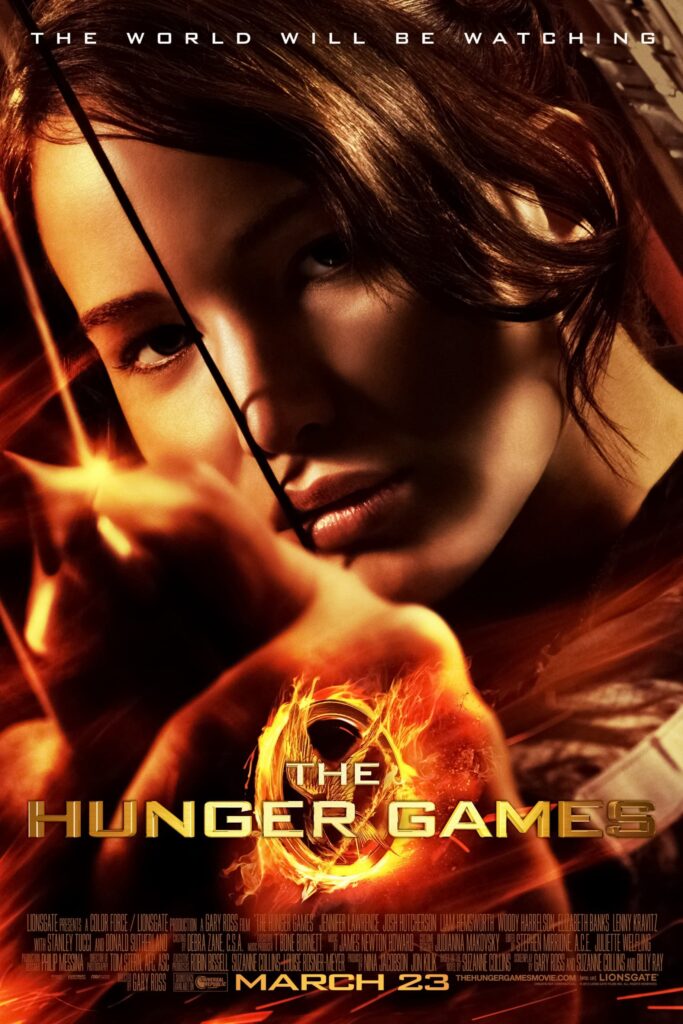
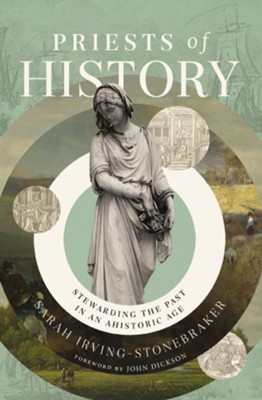
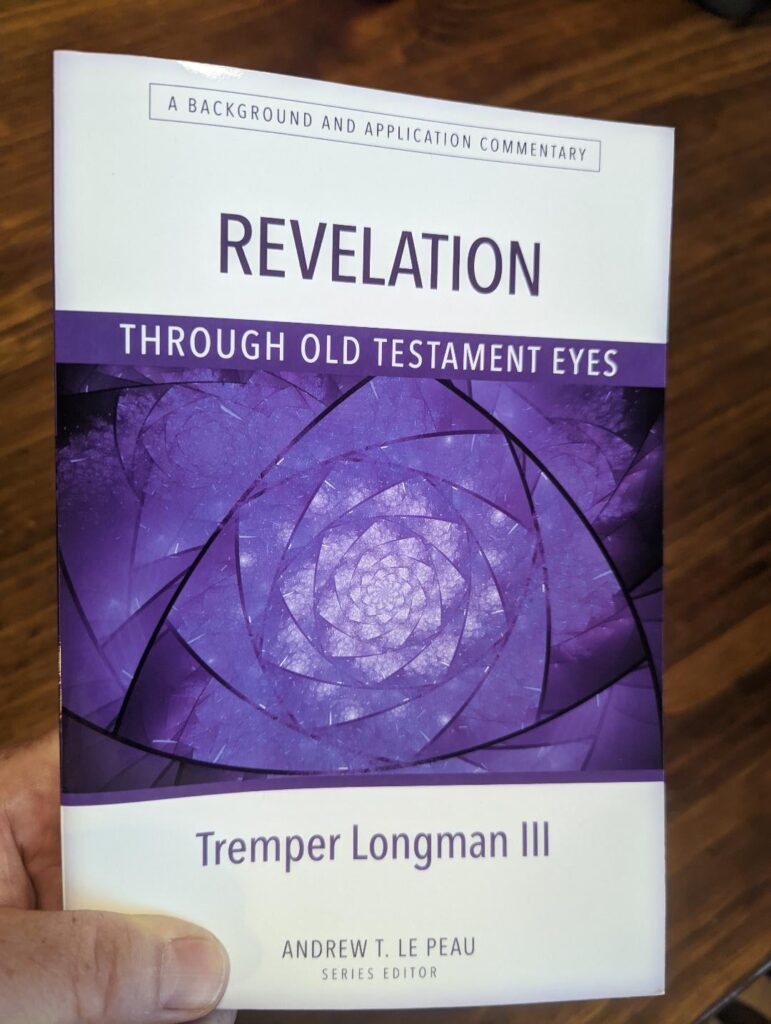
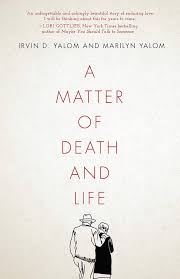
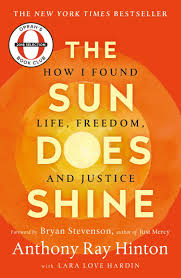
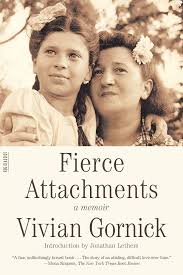
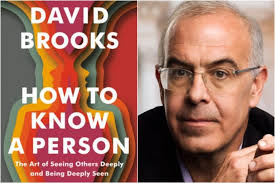
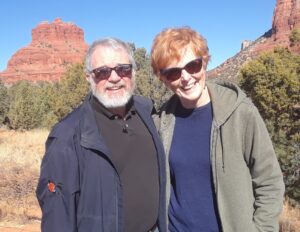
 First, Paul introduces this section on husbands and wives with, “Submit to one another out of reverence for Christ.” Submission for Paul is mutual, not just something a wife offers her husband.
First, Paul introduces this section on husbands and wives with, “Submit to one another out of reverence for Christ.” Submission for Paul is mutual, not just something a wife offers her husband. 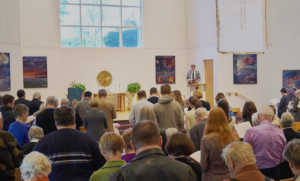 Years ago my wife Phyllis felt stunted in her spiritual life by the church we were in. I took that seriously, even though I liked the church. I liked the people. I liked the music. I liked the preaching. It was great for me. After many months of discussion and prayer, however, we were not able to resolve the issue. Then I remembered that Ephesians 5 meant that my wife’s spiritual well-being came before mine. I had to die. So I told her, “It’s up to you. If you want us to go to a different church, we will. I want what’s best for you.”
Years ago my wife Phyllis felt stunted in her spiritual life by the church we were in. I took that seriously, even though I liked the church. I liked the people. I liked the music. I liked the preaching. It was great for me. After many months of discussion and prayer, however, we were not able to resolve the issue. Then I remembered that Ephesians 5 meant that my wife’s spiritual well-being came before mine. I had to die. So I told her, “It’s up to you. If you want us to go to a different church, we will. I want what’s best for you.” Humanity, male and female, is created in God’s image. This is emphasized by repeating it in three slightly different ways. Together we bear God’s image. And what does it mean to do that? The answer is in the very next verse:
Humanity, male and female, is created in God’s image. This is emphasized by repeating it in three slightly different ways. Together we bear God’s image. And what does it mean to do that? The answer is in the very next verse: